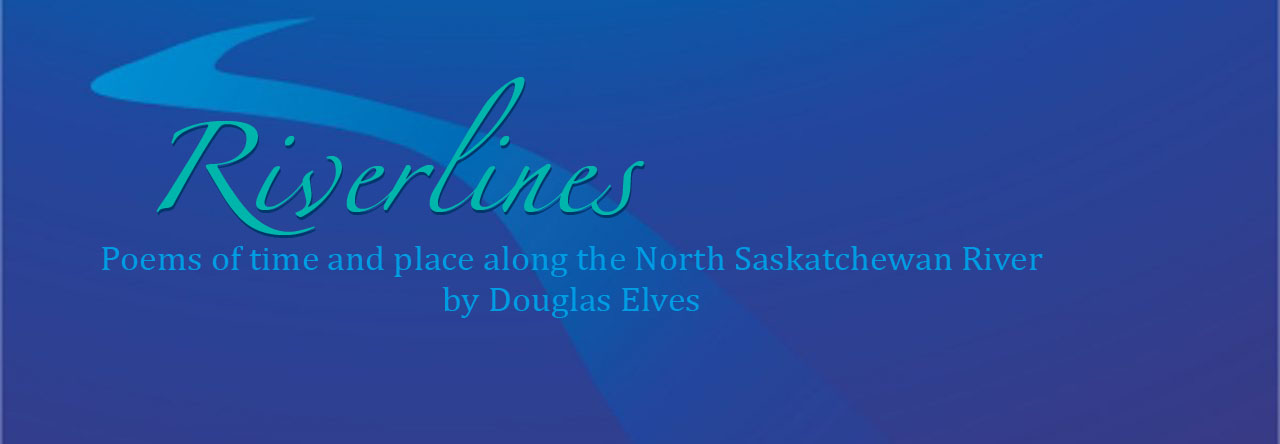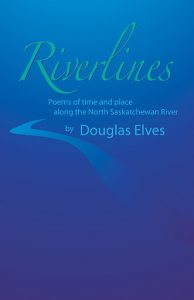– July 21, 1923
One by one they step from train to earth
and feel the soil’s assent.
Plants blossom in the chest, expelling melody.
Like flung grain,
voices disperse across the land
and germinate a cappella.
In turned soil
the seeds intone a level harmony.
Wheat stalks in the wind are vocal cords.
From this new ground grow hymns that hint at peace,
white armies only of December blizzards.
Break the ground and bread will come.
Wake the grain, and choirs in the close cathedral of the mind will sing:
there is no king but work, no god but peace.
© Douglas Elves 2013, set to choral music by composer Paul Suchan (under the title ‘Wake the Grain’) with performances in North Battleford, Saskatoon, Regina, Pointe-Claire and the National Arts Centre, Ottawa. Listen to the Prairie Chamber Choir performance HERE .

